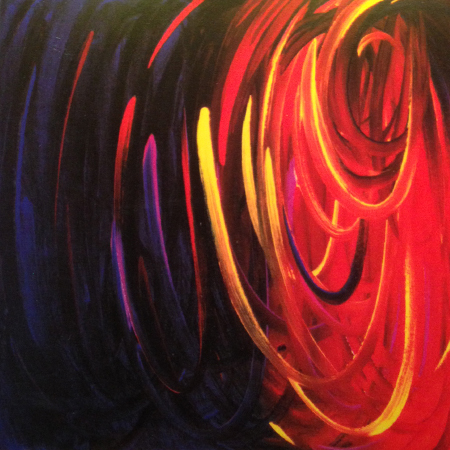Personal and Relationship
A variety of factors combine at the time of each specific loss to form our distinct grief response to it. Three of the most potent determinants are; who we are, who the person is that has died or is dying, and the nature of the relationship between us. The blend of these three components is always different with each loss in our life.
Who we are takes into account our unique personality, life experience and maturity, the current timing and circumstances of our life, our worldview and values, and the coping strategies we have learned and utilize in our daily life. The degree to which we are self-assured, secure, and comfortable with experiencing intense and changing emotions will affect how we deal with the limitations we encounter in the face of mortality and death. What is your prior experience with loss? Have others provided examples for coping with loss? Has your prior experience helped prepare you in anyway for your current loss? What are the current circumstances of your life? Is it a good time, a tumultuous time, a stressful time? Do you have meaningful relationships with others that give you a sense of connection while you are going through the profound experience of disconnection from the one who is dead or dying? It is common for people to equate being in emotional pain and distress with being weak or having something wrong with them, especially when the pain and distress go on for an extended period of time. Being self-critical at this time will accentuate the grief. These and many other personal traits and characteristics of our life at the time of the loss will give unique shape to the universal experience of grief.
Who is the person who has died or is dying? Not just what relation they are to you, but who are they and who have they been in your life. Was he or she a person who loved you and made you feel safe unlike any other person, your confidant and support person, or someone who made you feel inadequate and small? Someone who took care of you, that you could rely on, or someone who was unpredictable and disappointed you? A mentor or guide in your life, a best friend through thick and thin, or a burden upon you? Someone who shared your sense of humor, enthusiasm for like interests, accepted your faults, or one who diminished your accomplishments and opinions? How did they add and detract from who you see yourself to be? In what way did they affect your definition of yourself? Very likely there was a mix of good and bad experience. The one who has died or is dying is not a replaceable generic person whose absence creates a vacancy that can be filled by another such person. He or she is specific to you in ways that are helpful to clarify as part of the mourning you do.
The quality of the relationship is also of much importance with respect to the individual way in which the loss is experienced. Was it a balanced relationship between two equals, a relationship of love and mutual respect? Was the power in the relationship wielded primarily by one person? In caring for, or being cared for, was there a sense of willingness, or perhaps one of resentment and being stuck or trapped? Was there a constancy of feeling and style of relating, or ambivalence that pervaded the relationship. Was there an open dialogue of thoughts and feelings between you, or one of quiet assumption and acceptance? Most relationships have their better and worse qualities, but the inclusion of abuse, whether verbal, psychological, physical, sexual, alcohol, or substance often adds a particularly confusing, complicating, and painful element to the grief.
Because no two people or relationships are identical, we can see why people, even in the same family, respond differently to the death of the same person. Siblings may, and often do, vary in their grief response to the death of their parent. Certainly, the spouse’s loss is quite different than the child’s when we take into account the wide range of variations between individuals, and the uniqueness of the relationship between individuals. The individual nature of grief applies to all people and losses. Focusing in on the uniqueness of each individual and relationship facilitates healthy mourning in that it acknowledges the truth of what existed and what has been lost. This is an important step in associating memories and meaning with the deceased, and integrating the experience of loss into our perception of self and way of being in the world.
